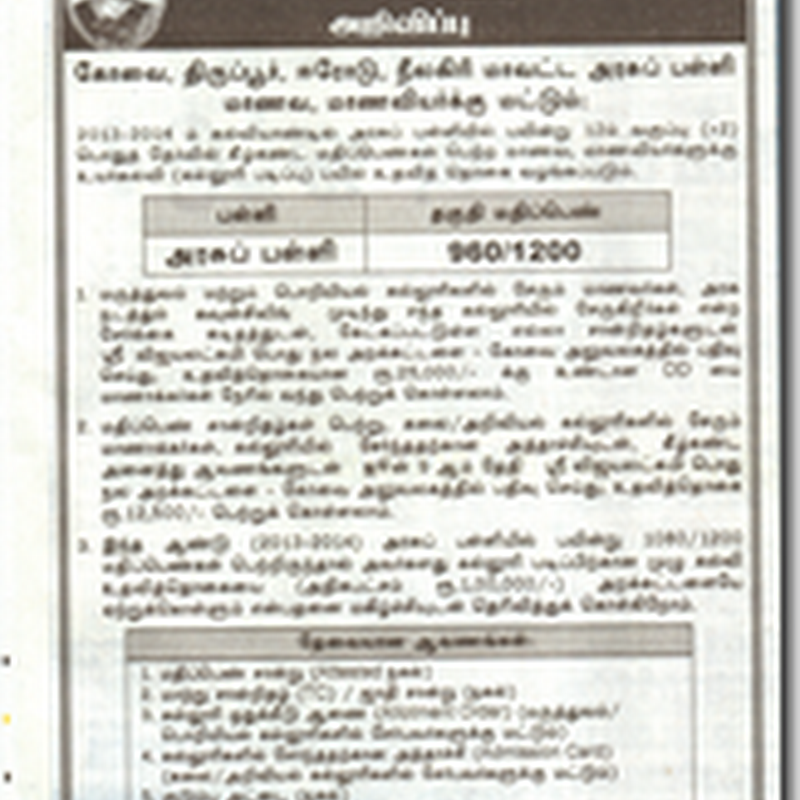Now, lawyers can practise, as a matter of right, in all courts and forums, including tribunals or any quasi-judicial authority.Fifty years after the Advocates Act, 1961, came into force, the Centre has notified Section 30 of the Act — with effect from June 15 2011 — to enable advocates to practise anywhere. This provision was not notified when the Act was added to the statute book. As a result, in certain courts and tribunals, lawyers could appear only if they were permitted by the presiding officer.
For some strange reason, this Section 30 was not notified for the last fifty years. The Government has issued a notification last week appointing June 15 2011 as the date from which this section will come into force.
The long-pending demand of lawyers for notifying this Section was fulfilled, thanks to Union Law Minister Veerappa Moily’s initiative.
Section 30 says: “Subject to the provisions of this Act, every advocate shall be entitled as of right to practise throughout the territories to which this Act extends; in all courts including the Supreme Court; before any tribunal or person legally authorised to take evidence; and before any other authority or person before whom such advocate is by or under any law for the time being in force entitled to practise.”
In an interaction earlier this month with The Hindu, Mr. Moily said he would take immediate steps to get Section 30 notified.
The government issued the Gazette Notification on June 9. It said: “The Central government hereby appoints June 15, 2011 as the date on which Section of the Advocates Act shall come into force.”







